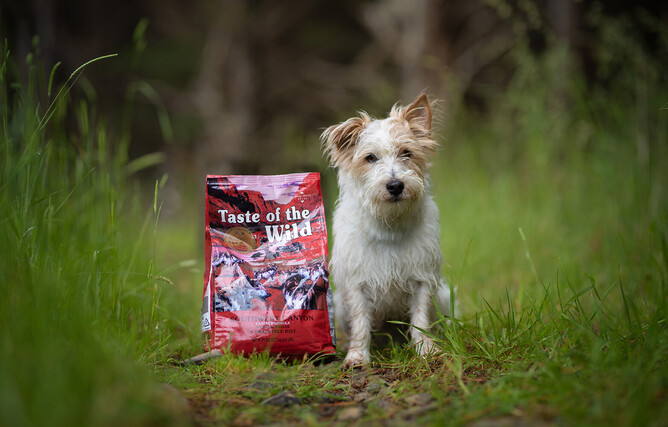Winter can be a tough season for our furry friends. The cold weather and shorter days can all put a damper on their mood and overall health. As a dog or cat owner, it's important to take necessary steps to keep your pet happy and healthy in the cooler months. Follow these tips and tricks to ensure your furry friend stays warm, content, and joyful all winter long!
Bundle Up Your Pet:
Just like humans, pets feel the cold too. While some dog breeds can withstand colder temperatures, it's always best to take precautions. Get your dog a cosy sweater or jacket and invest in some warm bedding for your cat. This will help insulate them from the cold and create a comfortable space for them to snuggle up in.
Bring your pets inside during cold weather. Keep your animals inside, at least during the night when the temperature really drops. In addition, don’t leave pets alone in a car during cold weather, as cars can act as refrigerators that hold in the cold.
If pets can’t come indoors, you should make sure they are protected by a dry, draft-free enclosure large enough to allow them to sit and lie down, but small enough to hold in the pet’s body heat. Raise the floor a few inches off the ground and supply blankets or a warm mat and turn the enclosure away from wind gusts.
Keep Them Active:
It can be tempting to stay cooped up inside during the colder months, but your pet still needs stimulation, exercise, and fresh air. Make sure your dog still gets their daily walks and playtime outside (just make it shorter if it's particularly cold). Cats also need some physical and mental exercise, so try purchasing some new toys or creating an indoor environment that encourages exploration and play.
Don't Overfeed:
Winter often means more holiday treats and indulgences for humans and pets alike. However, it's important to maintain a healthy diet and weight for your furry friend. Overfeeding can lead to obesity, which can impact their overall wellbeing and lead to other health problems. Stick to their regular feeding schedule and consult with your vet if you need advice on how much to feed them.
Keep Them Safe:
During winter, it's essential to keep your pet safe from cold weather hazards. Antifreeze surfaces in garages or on driveways can be dangerous if ingested, so make sure no leaks or spills occur. Ice and snow also pose a risk of slipping or injuring your pet's paws, so be vigilant when walking them outside. Lastly, make sure your pet wears identification in case they get lost in the winter weather.
Take care of their coat and skin:
To avoid itchy, flaking skin, keep your home humidified and towel dry your pet as soon as he or she comes inside if they’ve been in the rain. Pay special attention to paws and in-between the toes and remove any snow from between foot pads if you live in a snowy part of the country. If possible, keep your dog’s coat longer in winter for warmth and keep pet bathing to a minimum when it’s cold to avoid dry skin. Also, when giving them a bath, be sure to use a moisturizing shampoo.
Watch for hypothermia:
If your pet is whining, shivering, anxious, slower than usual or stops moving, seems weak or starts looking for warm places to burrow, get them back inside quickly because they are showing signs of hypothermia. Frostbite is harder to detect and may not be fully recognized until a few days after the damage is done. If you suspect your pet has hypothermia or frostbite, consult your veterinarian immediately.
Give Them Extra Love and Attention:
Lastly, but most importantly, remember to show your dog or cat extra love during the winter season. This time can be stressful for pets, with changes in routine and environment, so make sure to give them plenty of attention and affection. Take time for cuddles and playtime and prioritize their physical and emotional needs.




